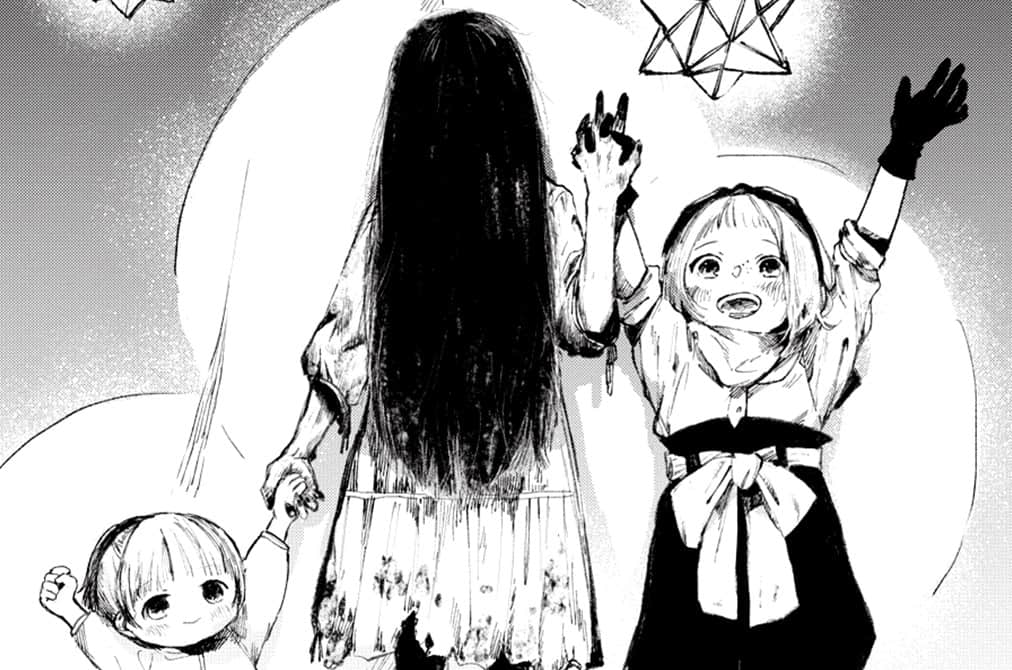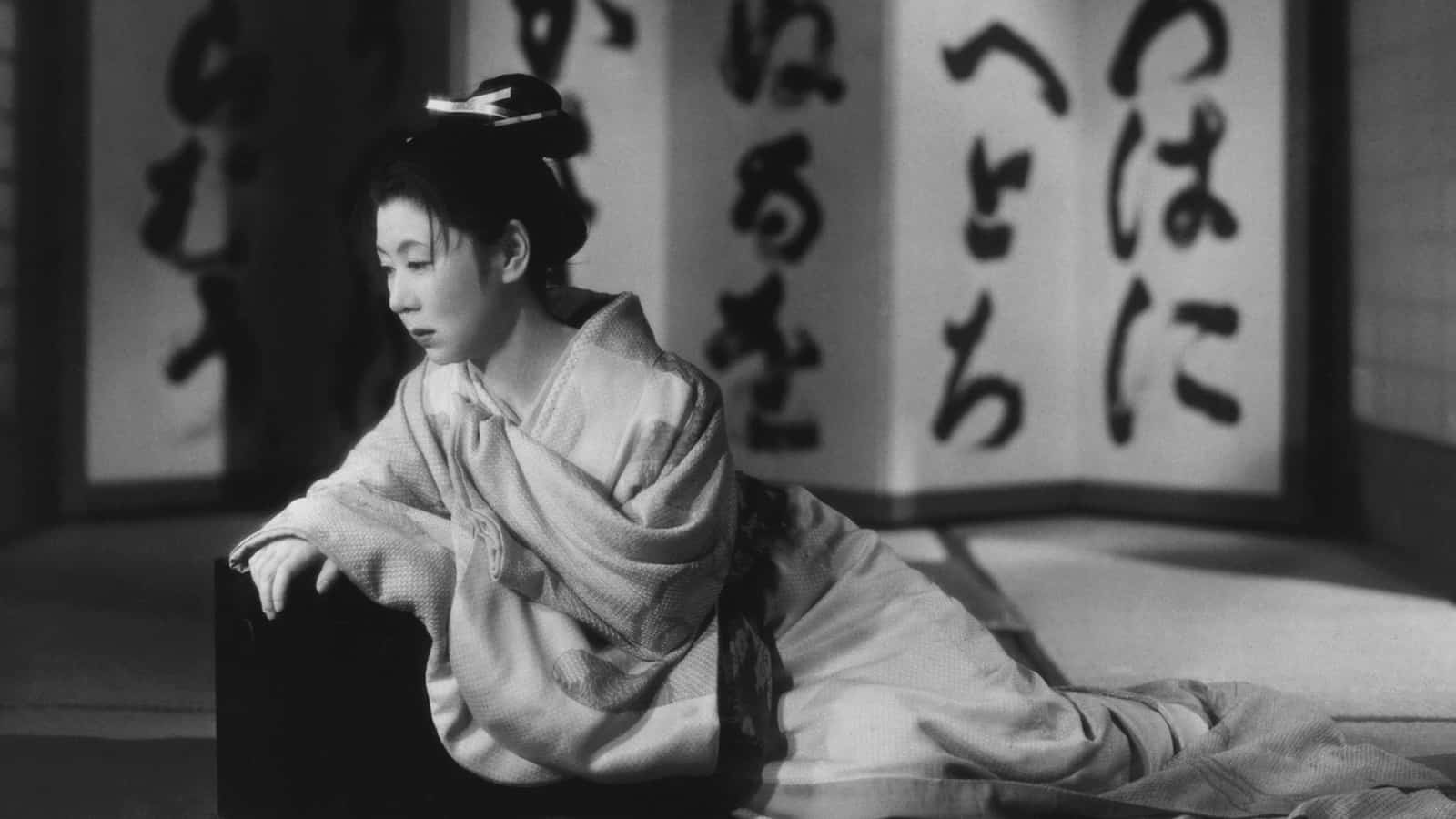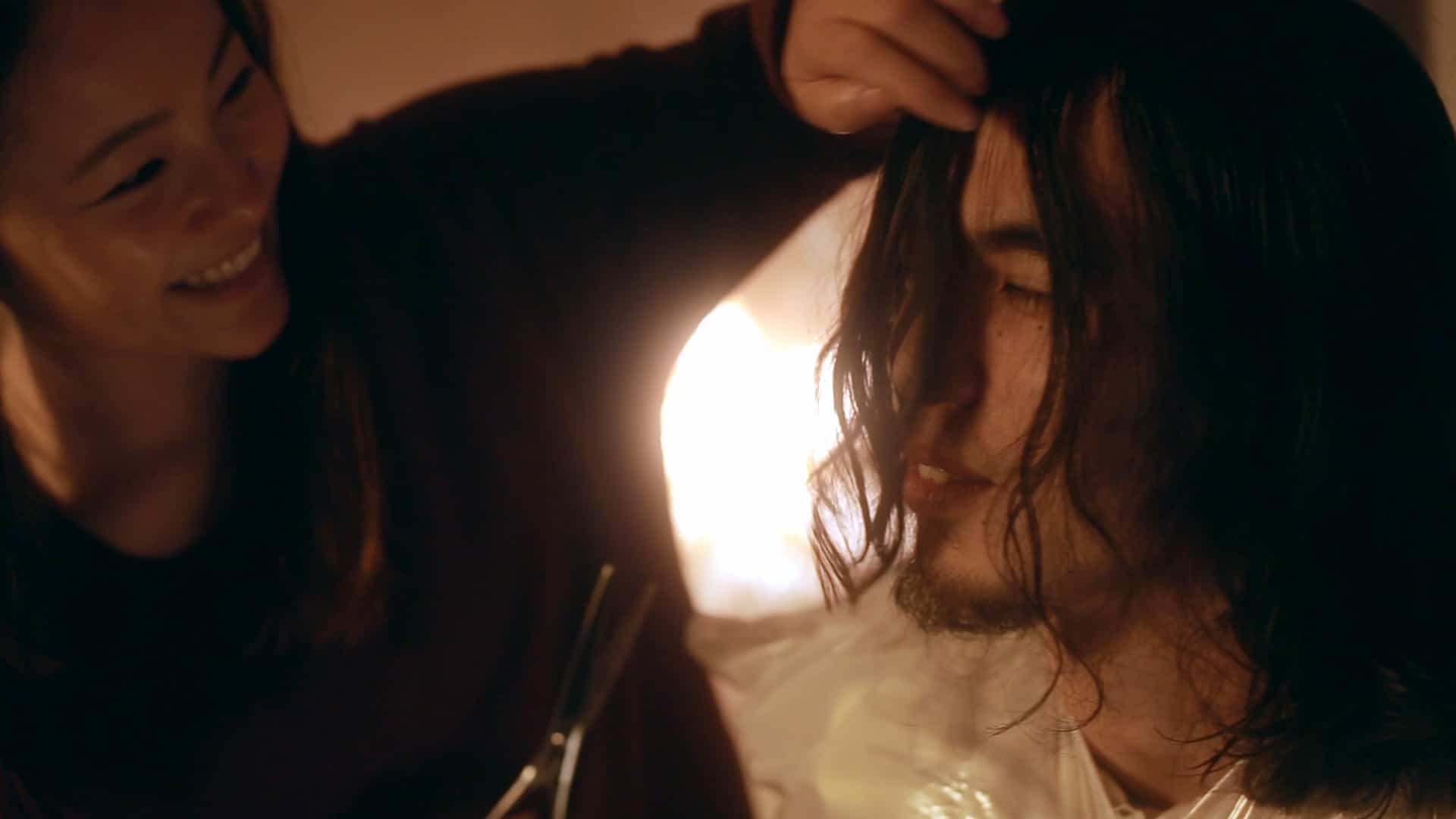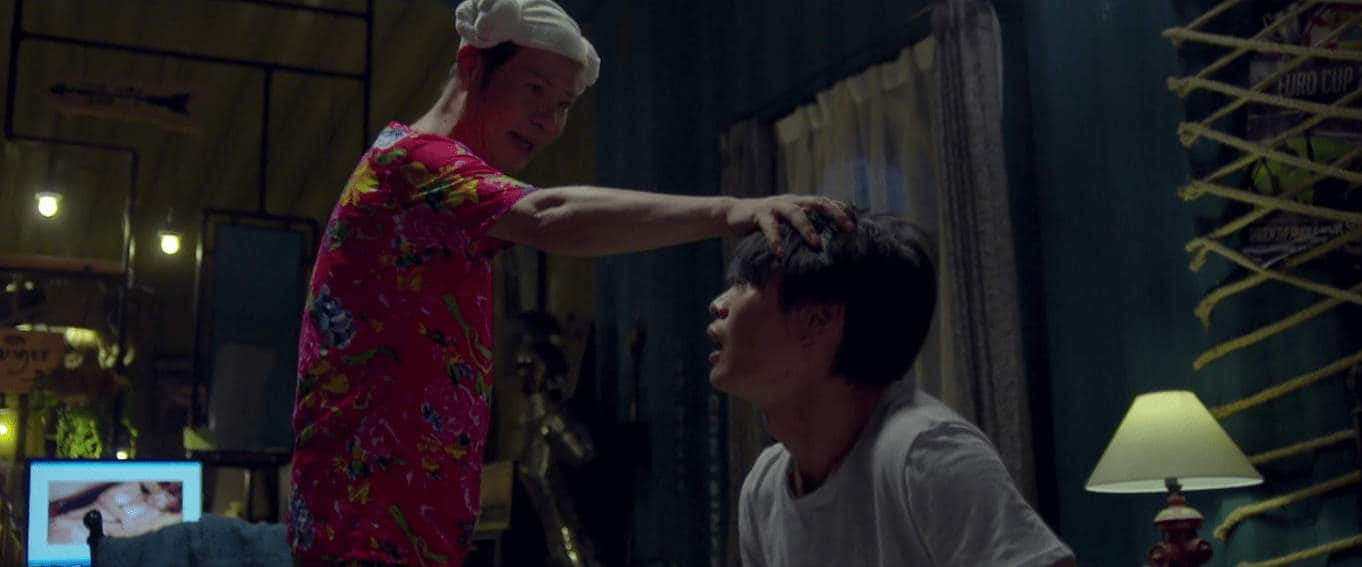Shiori Ito – face of Japan's #MeToo movement, one of Time's 100 Most Influential People of 2020, and author of award-winning memoir “Black Box” (2017) – assembled a documentary recording her rollercoaster of a lawsuit against her rapist, Noriyuki Yamagauchi. This marks her debut feature, “Black Box Diaries,” which premiered as a part of the World Cinema – Documentary Competition at Sundance Film Festival last month.
“Black Box Diaries” premiered at Sundance 2024 in the World Cinema – Documentary Competition. Its sales are managed by Dogwoof.
The documentary follows the heels of other stories that have been published that focus on the #MeToo movement, such as Chanel Miller's memoir, “Know My Name” (2019); Ursula Macfarlane's Weinstein investigation “Untouchable” (2019); and more recently, the prolonged court battle between Johnny Depp and Amber Heard (2022). While many of the previous examples are centered in the US, however, Ito's investigative journalistic take on her own rape case explores the legal murkiness of the Japanese court.
“Black Box Diaries” somberly begins with a trigger warning. After a few moments of pause, the painful narrative begins with an interview with a taxi driver that transported Ito and her assailant. The film then unfolds with footage over the next five years. Ito, a trained journalist, rigorously records everything. She unrelentingly shows us snippets of how her personal and professional life begin to collapse into one another: an inevitability, it seems, when her assailant is (a) in her field and is close acquaintance of then-Prime Minister Shinzo Abe, and (b) she decides to reveal her identity to the masses.
It is not easy to sit through all 119 minutes of Ito's compressed endeavor. Conversations with family and friends concerned about her well-being frequently pepper the film, as do many scenes of Ito video-logging her breakdowns at home. Unwanted sexual advances are abound despite the situation as well. In one notable scene, Ito speaks with her private investigator over the phone on speaker. While the private investigator roots Ito on, he – in his drunken stupor – still asks Ito out for dinner. This does not mention the mountain of hateful messages and accusations that she receives from the Internet, and the tremendous burden facing a powerful figure in cahoots with the government. It is almost remarkable to see Ito get out of bed everyday to see her goal to the finish.
Notably, the actual details of the night of her rape are not divulged until the latter half of the movie. This crucial directorial decision allows us to become acquainted with Shiori Ito as a person before she is a victim. Additionally, while her book is featured prominently in her pursuit for equity, watchers need not read it beforehand. “Black Box Diaries” not only informs but immerses us in Ito's struggle, much like a memoir. However, much like a journalistic piece, the film is laced with the clear political call for change: echoing sentiments not just from Ito, but from others who sympathize and help her along the way.
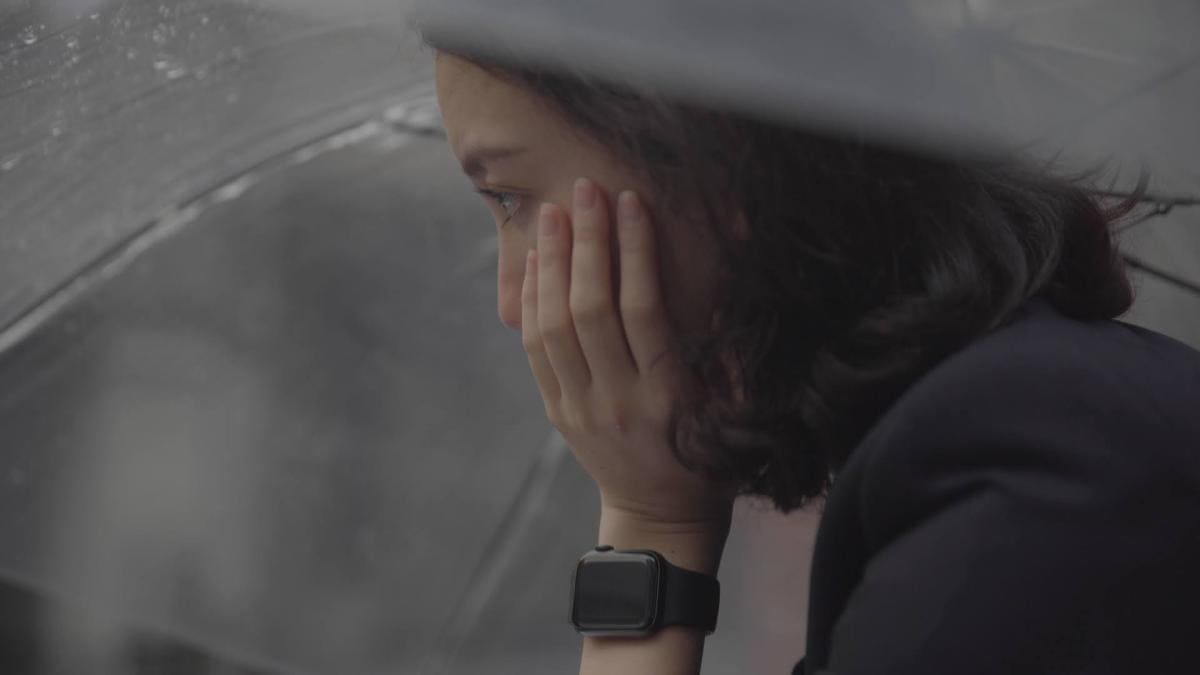
This is my last review for Sundance 2024, but I confess, this piece is something I have been actively shelved and unshelved multiple times. I have been reflecting upon why it is so difficult to write about this film. I think part of it is because of how universal Ito's experience is. While not everyone brings their sexual assaulters to court, her struggle is really against the patriarchy at large. She holds her head up high amid slander, suggestive comments, and the aftermath of rape. Her ability to be so in-tune with her emotions amid the noise of her opposition is enviable. Instead of simply disassociating and moving on, Ito feels and fights against the institutional structures to the very end.
“Black Box Diaries” is not all thorns, however. While most of the documentary feels suffocating, a chuckle escapes here and there at the many ironies and hypocrisies that flash by on-screen. The audience at the world premiere in Park City's Ray Theater certainly laughed, albeit a bit guiltily, at some of these moments. Small moments of solidarity, such as between ito and other senior women journalists, fill one with a semblance of hope. The cathartic resolution of the court case also allows the film to end on a sweeter note (and roused cheers from the in-person crowd). Remarkably, and perhaps this is not intentional at all, but Ito's pearl earring also grounds the film visually. Whenever one wants to avert their gaze – and surely, there are many, because of the amount of nauseating material Ito has to wade through to finally receive some sense of reprieve – her pearl earrings wink as a single constant throughout the whole ordeal. These small details, along with her unrelenting political vindication, balances out the more harrowing aspects to Ito's tortuously prolonged ordeal.
All in all, “Black Box Diaries” seeks to speak to a story beyond Shiori Ito's case. It uses the bittersweet example of Ito's to highlight both her individual perspectives first-hand, while zooming out to examine the structural inefficiencies of the Japanese justice system at large. Like many other #MeToo documentaries, this is not just Ito's story, but the story of women in Japan. The documentary is thus not quite damning as much as it is critical. Though the damage has already been done in her instance, the film still dares to dream of future change for many afterwards. Perhaps optimism, Ito suggests, is the only way we can continue to operate in a society so brazenly set up against us.




